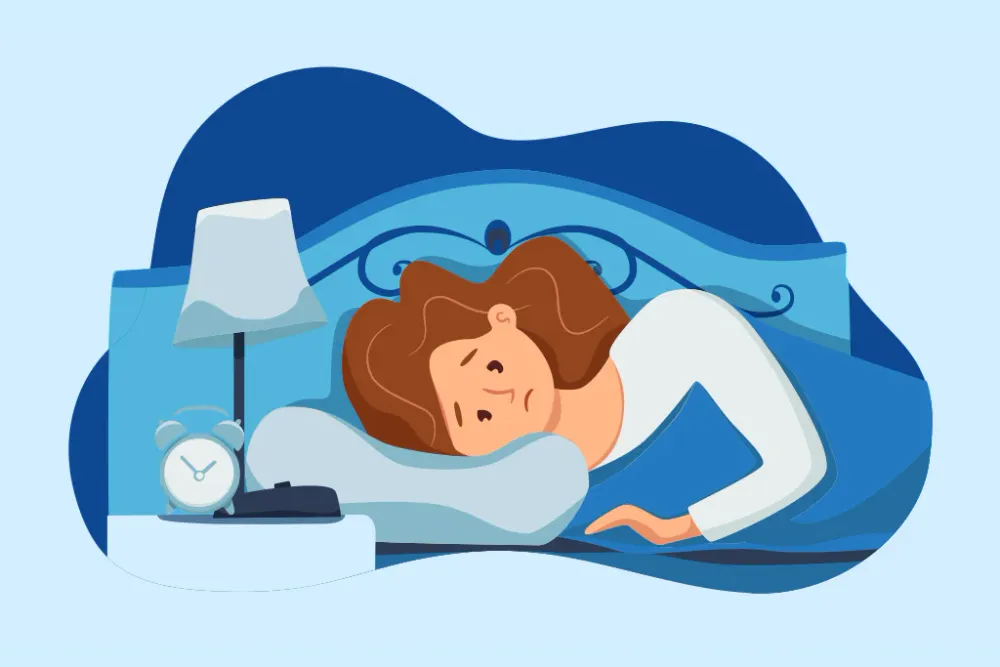Reason of Insomnia
Have you ever had those nights where sleep seems like a distant dream, no matter how tired you are? It's frustrating, isn't it? This common problem is called insomnia, and it affects millions of people around the world. But what exactly causes insomnia? Let's break it down in simple terms:
- Stress and Worry:
Imagine having a million thoughts swirling around in your head, keeping you up at night like a noisy party next door. Stress, anxiety, and worry can make it hard to relax and fall asleep. It's like your brain forgot to hit the pause button. - Irregular Sleep Schedule:
Your body loves routine, especially when it comes to sleep. Going to bed and waking up at different times messes with your internal clock, making it tough to get consistent sleep. It's like trying to dance to a song with a constantly changing beat. - Uncomfortable Sleep Environment:
Picture trying to sleep in a room that's too hot, too cold, or too noisy. Your sleep environment plays a big role in how well you sleep. Creating a cozy, quiet space can help your body relax and drift off to sleep more easily. - Bad Habits:
Do you drink coffee late in the day or scroll through your phone in bed? These habits can signal to your body that it's not time to sleep yet, making it harder to wind down. It's like trying to convince yourself it's bedtime while watching an action-packed movie. - Health Conditions:
Some health problems, like chronic pain, asthma, or heartburn, can make it hard to get comfortable enough to fall asleep. It's like having a pesky fly buzzing around your room – no matter what you do, it keeps bothering you. - Medications:
Certain medications can mess with your sleep, either by making you feel more awake or causing side effects like nightmares. If you think your medication might be keeping you up at night, talk to your doctor about it. - Mental Health Issues:
Conditions like depression, bipolar disorder, and PTSD can mess with your sleep patterns, making it hard to get the rest you need. It's like your mind is playing a never-ending game of tag, and sleep just can't seem to catch up.
Understanding what's causing your insomnia is the first step to getting better sleep. Whether it's reducing stress, improving your sleep habits, or treating an underlying health condition, there are things you can do to help yourself sleep better. So, the next time you find yourself staring at the ceiling instead of counting sheep, remember that you're not alone, and there are ways to find relief.




